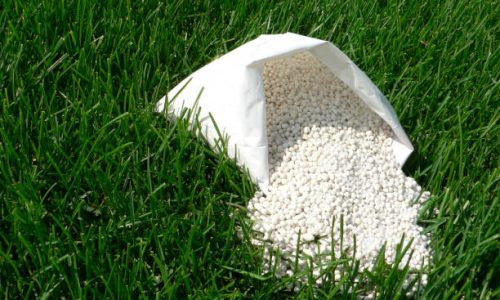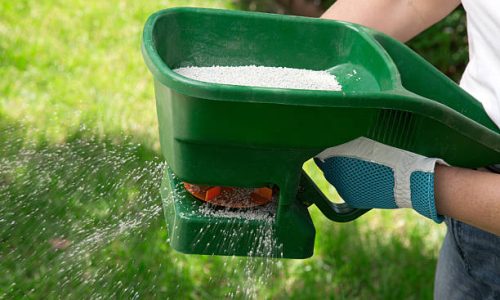Houseplants can add a touch of nature to your home and improve air quality. With proper care, houseplants can thrive indoors and provide you with beauty and relaxation. In this post, we’ll provide you with essential tips for caring for your houseplants, from choosing the right plants to providing optimal conditions for growth.
Caring for houseplants can be a rewarding and enjoyable hobby. By following these essential tips, you can create a thriving indoor garden that will bring beauty and relaxation into your home. Remember, patience and persistence are key to success in houseplant care. Enjoy the process and savor the rewards of your green thumb.


